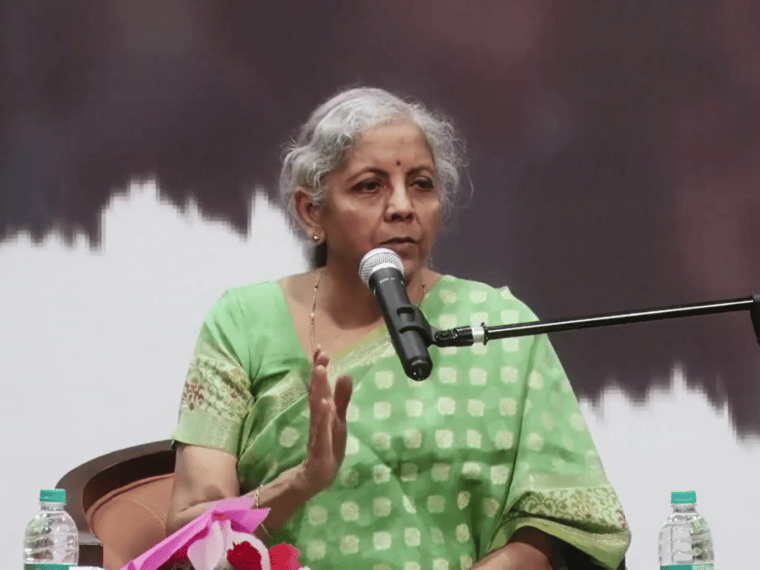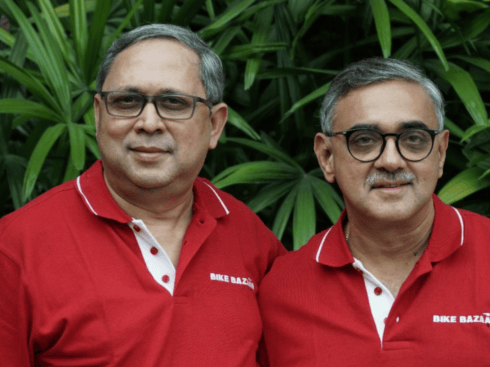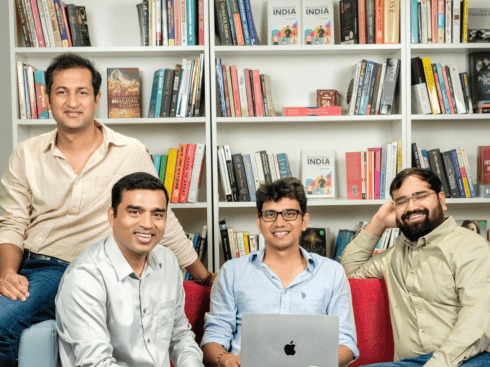
Addressing a press conference after the GST Council meet, finance minister Nirmala Sitharaman said that GST on online gaming was not on the Council’s agenda
The GST Council’s decision to levy 28% GST on real-money gaming was implemented from October 1 2023
The finance minister earlier said that the decision will be reviewed six months after it comes into effect
Online gaming companies, which are awaiting a review of the 28% tax regime for them, failed to get any relief from the Goods and Services Tax (GST) Council as the issue was not discussed during the Council’s meeting on Saturday (June 22).
Addressing a press conference after the meeting of the GST Council, finance minister Nirmala Sitharaman said that GST on online gaming was not on the Council’s agenda, and hence there was no discussion on it.
The GST Council’s decision to levy 28% GST on real-money gaming was implemented from October 1 2023. The finance minister earlier said that the decision will be reviewed six months after it comes into effect.
While there were speculations that the GST Council might review the decision in its meeting today, the subject didn’t find a place on the agenda. It is pertinent to note that it has been over eight months since the 28% GST regime for online gaming came into effect on October 1, 2023.
Last year, the GST Council decided to impose a 28% GST on online real-money gaming on the full face value of the bets. This decision faced heavy criticism from industry stakeholders, including gaming startups, industry bodies, and investors, who wrote to the government urging a reconsideration. Despite the criticism, the GST Council remained firm in its decision.
In August, amendments to the Central Goods and Services Tax (Amendment) Bill, 2023 and the Integrated Goods and Services Tax (Amendment) Bill, 2023 were approved by the GST Council. Later, the Parliament approved these amendments.
For the uninitiated, under the new regulations, a flat 28% tax applies to the total value of bets for online games, irrespective of whether they are games of skill or chance. Previously, a lower 18% GST was levied, specifically on the platform fee for skill-based games. For instance, with a platform fee of 20% on a INR 100 bet, the GST under the previous tax regime was INR 3.6 (18% of INR 20), which has now shot up to INR 28.
Several online gaming startups, including Gameskraft, Delta Corp and others received notices to pay INR 1.12 Lakh Cr GST, following which many have moved courts challenging the tax notices.
More than 50% of online gaming companies in India witnessed stagnant or declining revenues after the government imposed 28% GST, a recent report released jointly by EY and US-India Strategic Partnership Forum (USISPF) said, based on the latter’s survey of 12 such companies.
Out of the 12 companies surveyed, only five were able to record revenue growth, while seven companies saw degrowth or had to face stagnant revenues, the report said.
“In case of degrowth, the decline is as high as up to 50% for two companies. Such decline in revenue growth stands in contrast to an industry which was recording exponential growth rates,” it added.
In fact, several companies have reported that investors backed out of potential deals due to these challenges. GST now consumes 50-100% of revenue for 33% of companies from around 15% in the previous tax regime, surpassing total revenue for some startups and forcing them to operate at a loss.
Before the new regulation came into effect, the Indian gaming industry saw high growth during FY23, with the number of gamers rising 12% year-on-year to 568 Mn. Of these, 25% were paying users, as per a report by Lumikai. This reflected a strong 17% growth in paying users compared to FY22.































 Ad-lite browsing experience
Ad-lite browsing experience